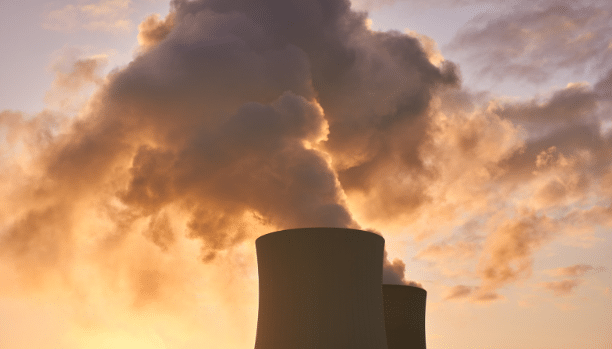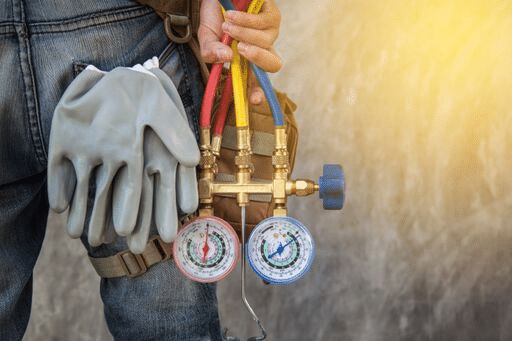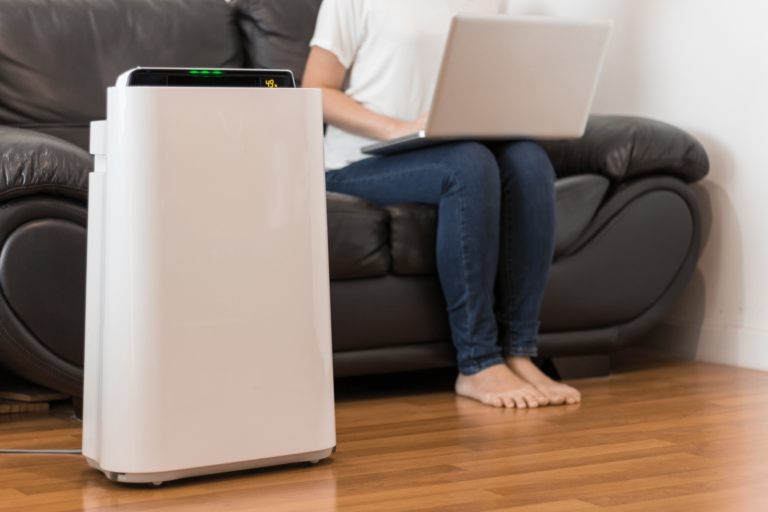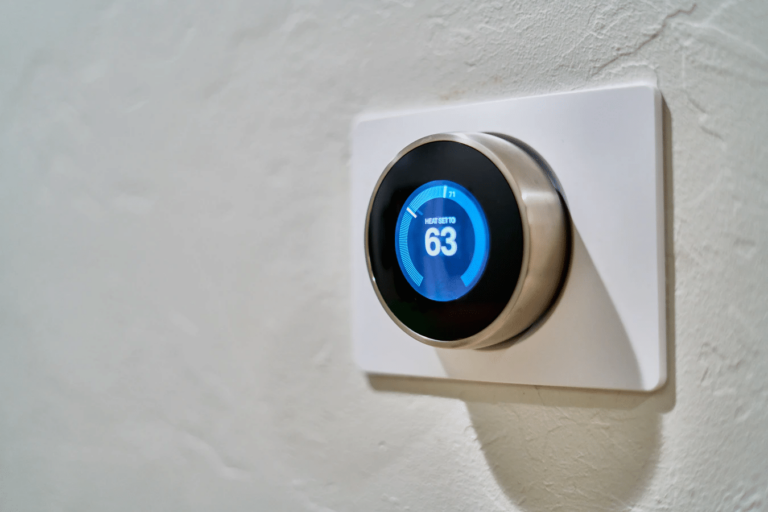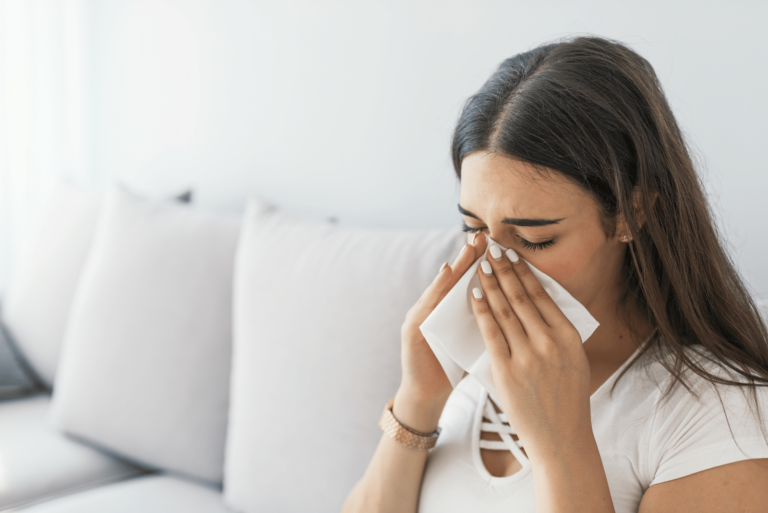Air Pollutants: How They Affect Your Breathing
What do you think of when you hear the word “pollution?” Do you think of cars driving in a city? Factory smokestacks? While those are all types of pollution, there’s another kind that you might not have heard of before – air pollutants.
Air pollutants are tiny particles or gases released into the air, and they can cause a lot of damage to your lungs and respiratory system. In this blog post, we will discuss how air pollutants affect your breathing and some ways to protect yourself from them.
When you breathe in, you take in oxygen and exhale carbon dioxide. However, when you breathe in air pollution, you also take in harmful particles that can damage your lungs. These particles can come from various sources, such as car exhaust, power plants, wildfires, and even household cleaning products.
Common Air Polutants
Some of the most common air pollutants include:
- Particulate matter (PM): This is a type of pollution that consists of tiny particles, like dust, smoke, and soot. PM can come from many different sources, such as construction sites, factories, cars, and even wildfires. PM can be harmful to your health because it can get lodged in your lungs and cause respiratory problems.
- Ozone (O₃): This is a gas found in the upper atmosphere and created when sunlight reacts with pollution from cars and power plants. Ozone can be harmful to your health because it can irritate your lungs and cause respiratory problems.
- Nitrogen dioxide (NO₂): This gas is produced by cars and power plants. NO₂ can be harmful to your health because it can irritate your lungs and cause respiratory problems.
How to protect yourself from pollutants?
- Check the air quality before you go outside. You can do this by checking your area’s Air Quality Index (AQI). If the AQI is high, there is a lot of pollution in the air, and you should stay indoors as much as possible.
- Limit your time outdoors when the air quality is poor. This is especially important if you have asthma or another respiratory condition.
- Wear a mask when you go outside. This will help filter out some of the pollutants in the air.
- Stay hydrated. Drinking plenty of fluids will help thin mucus in your lungs and make breathing easier.
- Avoid strenuous activity outdoors when the air quality is poor. This will help you avoid breathing in too much pollution.
Take consideration when you are indoors because air pollutants can also be present. Indoor air pollution can come from cleaning products, candles, incense, and cigarette smoke. Some ways you can reduce indoor air pollution are:
- Avoid using harsh chemicals to clean your home. Instead, use natural cleaning products or make your own.
- Open windows and doors to let fresh air in.
- Avoid using candles, incense, and other fragranced products.
- If you smoke, do it outside and away from doors and windows.
- Consider using an air purifier in your home.
Air pollution is a serious problem that can harm your health. However, by being aware of the different types of air pollutants and taking steps to protect yourself, you can help reduce your risk of respiratory problems.
With a residential and commercial customer base in Tampa Bay, Air Rescue installs and services air conditioning, heating, and ventilation systems of varying sizes. In addition to this work, we offer free second opinions on system replacements! Contact us online or call 813-358-3431 to schedule an appointment today!


